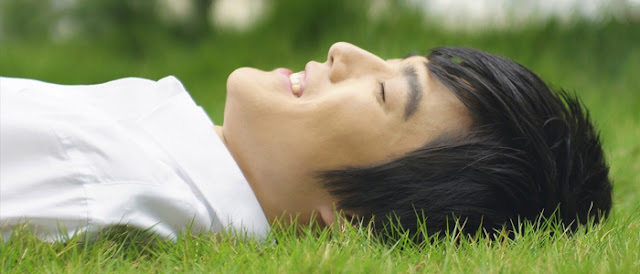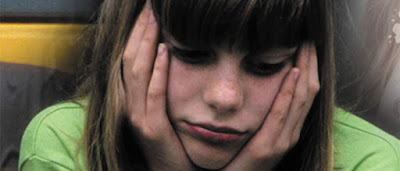The symptoms of agitated depression come as an outburst of
some signs such as hyper yelling and anger. Even slightest of problems
which can be otherwise sorted out easily would seem huge to the person
and he would shout and scream uncontrollably on everyone involved for no
reason.
Hand wringing is another major indication which continues involuntarily in anytime that the person is sitting idle. Along with this comes the pacing problem too when the person keeps walking up and down the hall indoors having difficulty in sitting down. This form of motor depression creates instability in the mind and the person walks vigorously without bothering about the people around.
A few of them have a tendency to pull their clothing while they speak, and do it until the cloth rips off. Even talking for long periods unnecessarily and trying to exaggerate topic of discussion is also a warning of agitated melancholy.
Such patients have difficulty in defining their problems and hence end up piling up of extreme tension in their minds. This kind of depression is so fierce that they even get to the point of feeling suicidal and the person wants to die.
Hand wringing is another major indication which continues involuntarily in anytime that the person is sitting idle. Along with this comes the pacing problem too when the person keeps walking up and down the hall indoors having difficulty in sitting down. This form of motor depression creates instability in the mind and the person walks vigorously without bothering about the people around.
A few of them have a tendency to pull their clothing while they speak, and do it until the cloth rips off. Even talking for long periods unnecessarily and trying to exaggerate topic of discussion is also a warning of agitated melancholy.
Such patients have difficulty in defining their problems and hence end up piling up of extreme tension in their minds. This kind of depression is so fierce that they even get to the point of feeling suicidal and the person wants to die.





